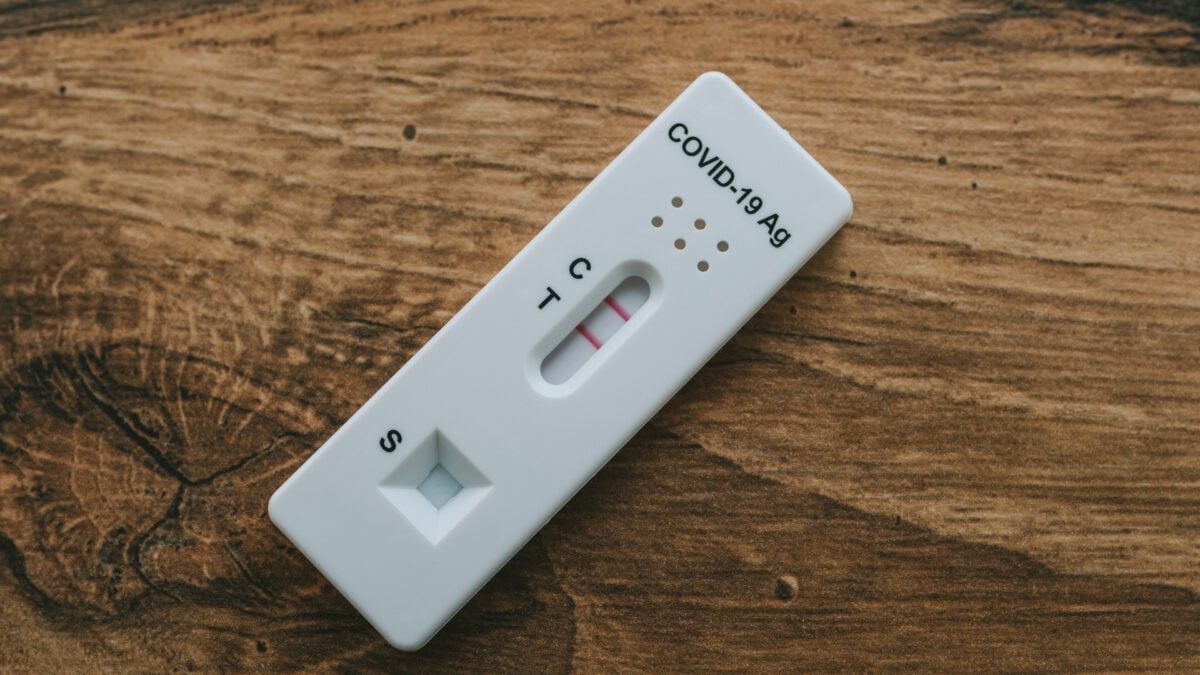New Covid Variant NB.1.8.1 Surges Across the U.S.

ATLANTA – A new Covid-19 variant, NB.1.8.1, is rapidly advancing across the United States, now accounting for over a third of all cases, according to recent data.
Immediate Impact
The Centers for Disease Control and Prevention (CDC) reports that NB.1.8.1 is responsible for approximately 37% of Covid-19 cases in the U.S., closely trailing the current dominant variant, LP.8.1, which causes 38% of cases. The CDC’s latest Nowcast, covering the two weeks through June 7, highlights a significant surge in NB.1.8.1 cases since its initial detection in the country last month.
NB.1.8.1 is likely causing 37% of all Covid-19 cases in the U.S., just behind the current dominant variant, LP.8.1 (38%).
Key Details Emerge
The World Health Organization (WHO) first identified NB.1.8.1 as a variant of concern in mid-May, although it was initially detected in January. Since then, it has emerged as a growing threat. WHO data indicates that as of early June, about 25% of global Covid-19 cases are attributed to NB.1.8.1.
Covid-19 activity is rising in some parts of the world, with NB.1.8.1 linked to recent surges in cases and hospitalizations in Asia, notably China. However, the situation in the U.S. remains stable, with a test positivity rate of 3% and steady hospitalization and death rates.
Industry Response
Despite the rise in cases, NB.1.8.1 does not appear to cause more severe illness than other variants. Current variants still belong to the Omicron lineage, suggesting that updated vaccine boosters remain effective against NB.1.8.1.
“We do not anticipate the NB.1.8.1 variant to pose a greater public health risk than other Omicron-descendant variants,” said Edoardo Colzani, head of the Respiratory Viruses unit at the European Center for Disease Prevention and Control.
By the Numbers
- 37% – Proportion of U.S. Covid-19 cases caused by NB.1.8.1
- 25% – Global Covid-19 cases attributed to NB.1.8.1
- 3% – Current Covid-19 test positivity rate in the U.S.
What Comes Next
Experts warn that NB.1.8.1 might become the dominant variant due to mutations that could enhance its transmissibility. The unusually quiet winter for Covid-19 in the U.S. may set the stage for a larger peak this summer.
“Following a winter with low SARS-CoV-2 circulation, population immunity against SARS-CoV-2 may have partly waned,” Colzani added, raising concerns about increased vulnerability among older adults and high-risk groups.
Background Context
Since the start of the pandemic, the threat of Covid-19 has significantly diminished due to widespread vaccination and natural immunity. However, the emergence of new variants like NB.1.8.1 serves as a reminder of the virus’s potential impact.
Expert Analysis
Experts emphasize the importance of continued vigilance and vaccination efforts to mitigate the potential impact of new variants. While NB.1.8.1 does not currently pose a greater threat than existing variants, its increased transmissibility could challenge public health systems if not properly managed.
The situation continues to evolve, and health officials remain on alert as they monitor the spread of NB.1.8.1 and other emerging variants.






